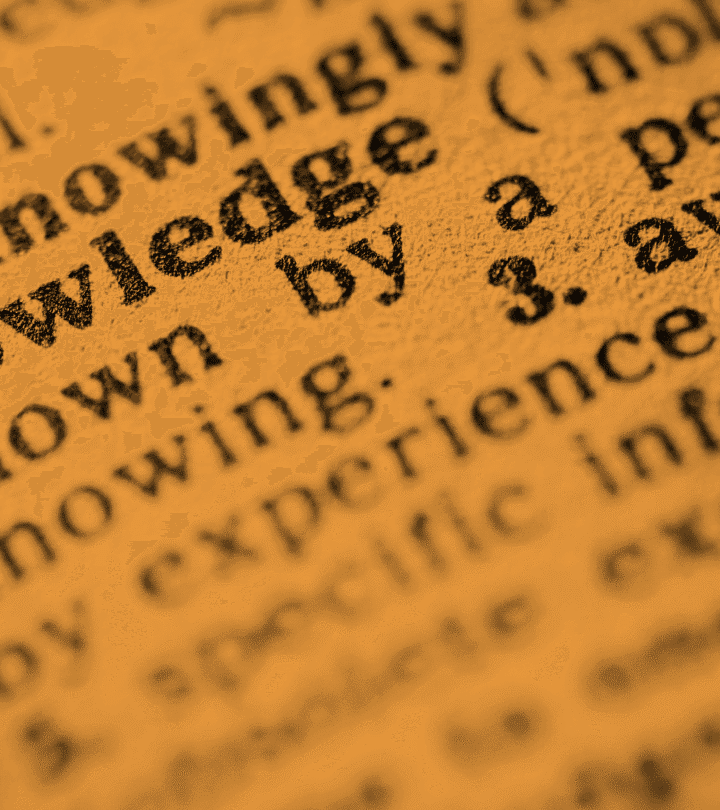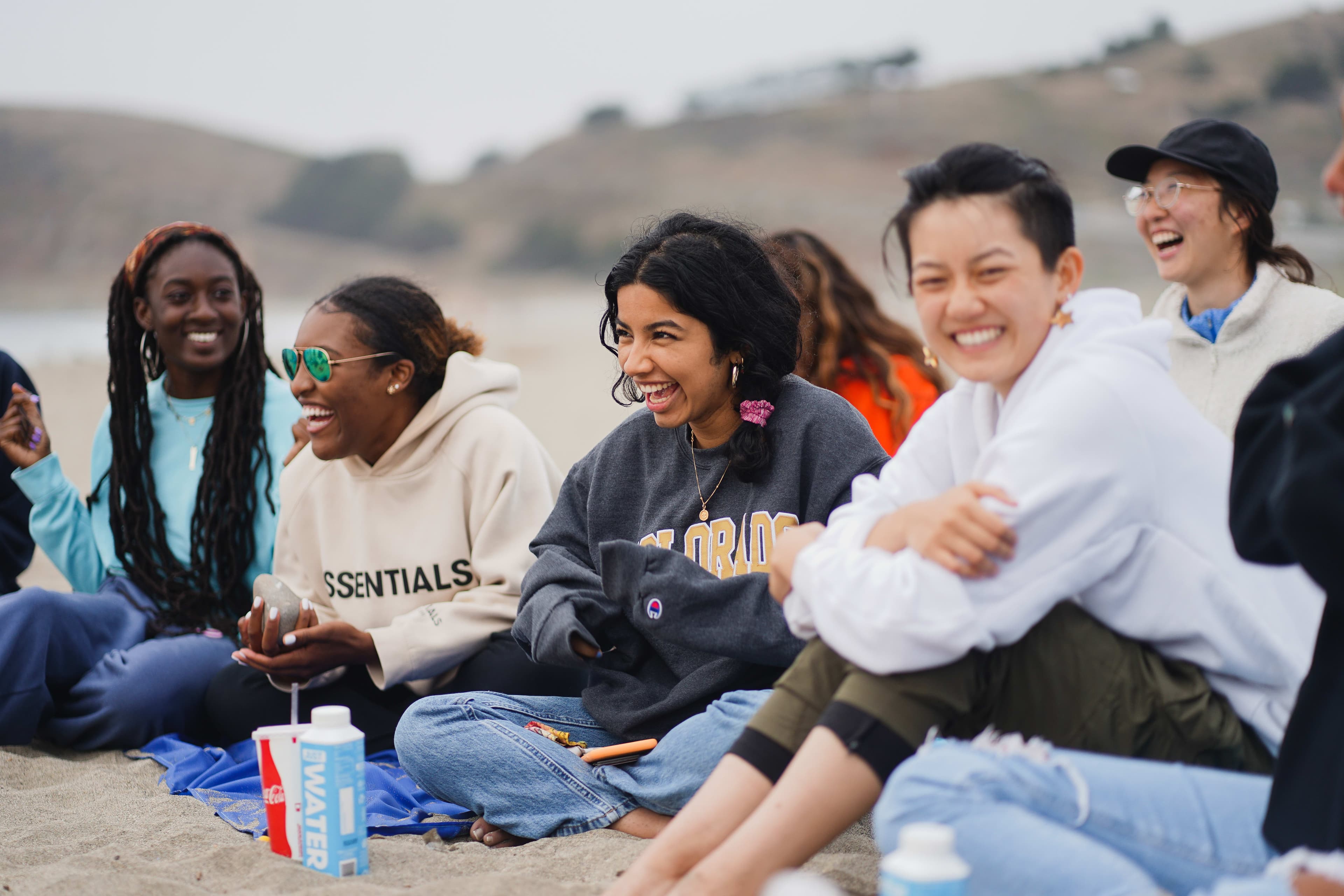Media and Journalism
High-quality journalism and storytelling are crucial to a healthy democracy.
Approach
We support journalists and storytellers whose work informs, inspires, and enriches our public square. With an eye to news deserts and under-told stories, we focus on local and rural news outlets, investigative journalism, and a diverse array of unscripted and scripted content.
Q and A With EC Media &
Journalism Team

Questions and answers
EC supports local and national journalism. How do they work together?
What a national publication like The Atlantic does is help center us on the most important ideas and questions of our day by soaring at 30,000 feet and providing a point of view at that high altitude. But how do those questions get lived out locally? The Sahan Journal can then focus them in a way that brings resonance and relevance to their immigrant and refugee readers in Minnesota. The same is true for so many other local newsrooms. Together, local and national news can answer both “what?” and “so what?” As a result, we can all think more deeply about what justice and decency look like within and beyond our communities.
How does Media & Journalism’s work ladder up to EC’s mission of an equal and just America?
Progress begins through stories that bring us closer to the truth. Quality media and journalism can produce new, richer narratives that ask the right questions, or change the public conversation, or spark action to move the needle on policy. Whether it’s a podcast, magazine profile, or film, our work is focused on shining a light on stories that reveal urgent facts, bind communities, and fortify our democracy. Often, the roadblocks to a more equal and just nation start from the lack of connection people have to information and each other—media and journalism, at their best, provide those connections through storytelling.
What are you seeking in partnership with for-profit media and journalism organizations?
Leaders with a very clear, crisp, and innovative vision of what they want to achieve. When Charles King formed MACRO, it was because he saw a dearth of film and television that reflected what the country really looked like. He set out to address that problem, and has delivered big time. Another example is Jim VandeHei and his co-founders at Axios, Mike Allen and Roy Schwartz. They came to us and said, "We want to meet readers where they are.” And they launched a business providing a really smart way to consume news that was brief and still high quality.
What role do you think nonprofit journalism plays in our country’s news deserts?
We've lost more than 2,100 local publications since 2004. In those communities, we're seeing the gap being filled by national outlets. As a result, people are viewing their local politics through a national lens, inviting unnecessary polarization on local issues. But the nonprofit model allows newsrooms to be tailored to a community’s needs—like CalMatters’ comprehensive coverage on statewide poverty in California. This model can also support going deep on a topic that touches both national and local spheres—like The Marshall Project’s focus on criminal justice. Nonprofit journalism can uniquely center communities and urgent topics.
What role does journalism play in a healthy democracy?
At the local level, journalism provides people with the information they need to be informed and involved citizens—from coverage of local government to law enforcement to school board meetings. These are the building blocks of a democracy. Then, at the national level, just look at The Atlantic’s reporting on issues impacting the city of Phoenix, the treacherous journey of migrants through the Darién Gap, and a family’s search for meaning in the decades since 9/11. That type of journalism is indispensable for readers who are deeply engaged with the most consequential issues of the day.

